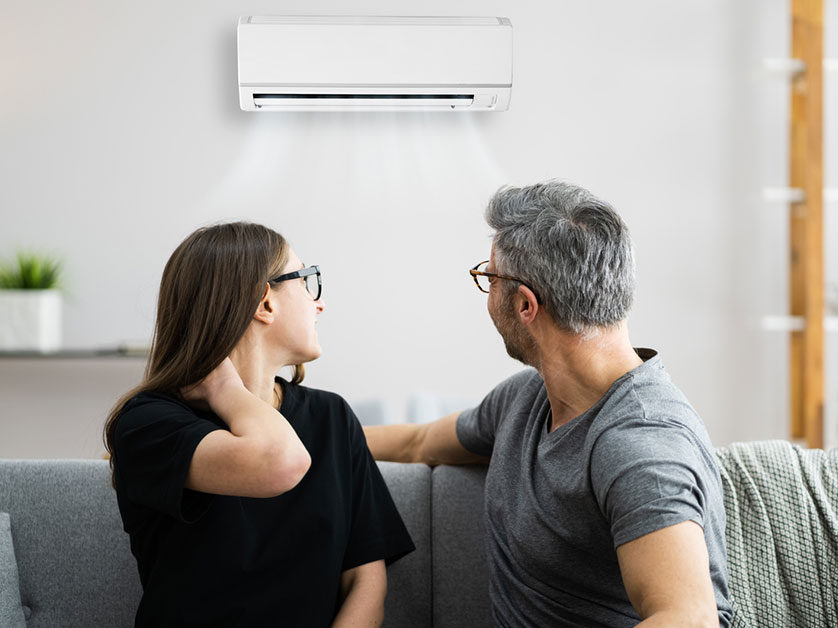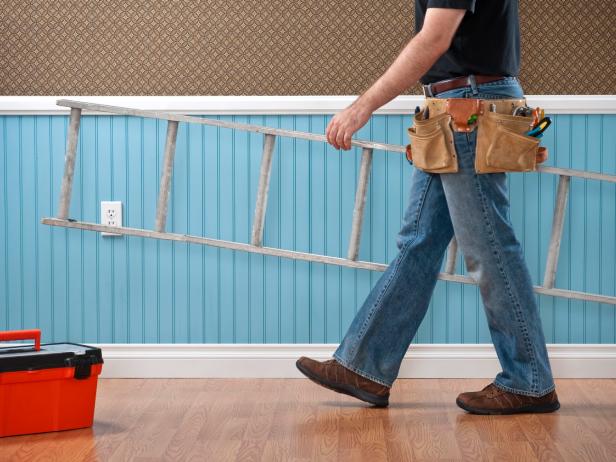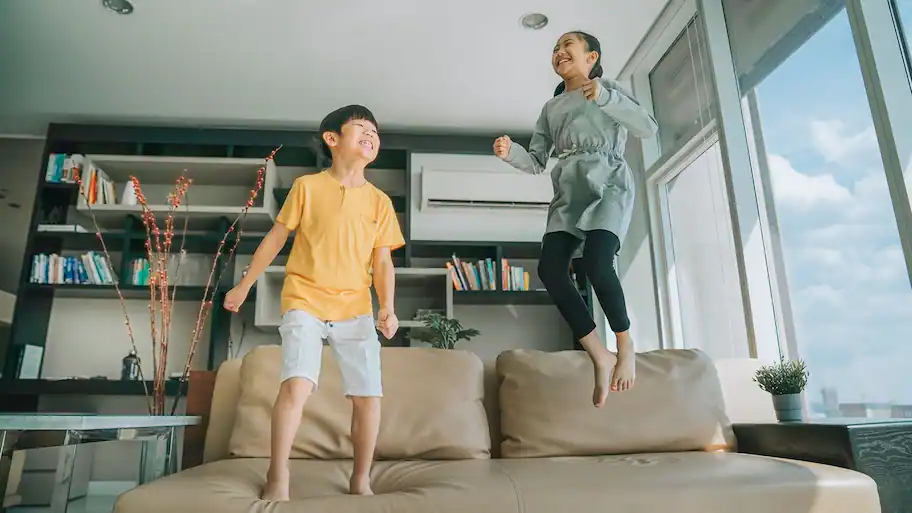Dealing with HVAC problems in Santa Rosa? Don’t worry, I’ve got you covered! When it comes to heating, ventilation, and air conditioning systems, a few common issues tend to crop up. One frequent problem is poor airflow, which can lead to uneven temperature distribution and reduced comfort. Another culprit is a malfunctioning thermostat, causing temperature inconsistencies. Additionally, clogged air filters can restrict airflow and decrease system efficiency. Fortunately, these problems often have straightforward fixes. Ensuring clean air filters, checking thermostat settings, and inspecting ductwork for blockages are good places to start troubleshooting. Remember, if you’re unsure or need assistance, it’s always best to consult a professional HVAC technician for expert help.
Tackle common HVAC problems with confidence using expert solutions from Concept Design Develop INC, your trusted source for professional remodeling and cleaning services in Santa Rosa.
Common HVAC problems and their corresponding solutions in Santa Rosa:
Here are some common HVAC problems and their corresponding headings for fixing them in Santa Rosa:
Poor Airflow:
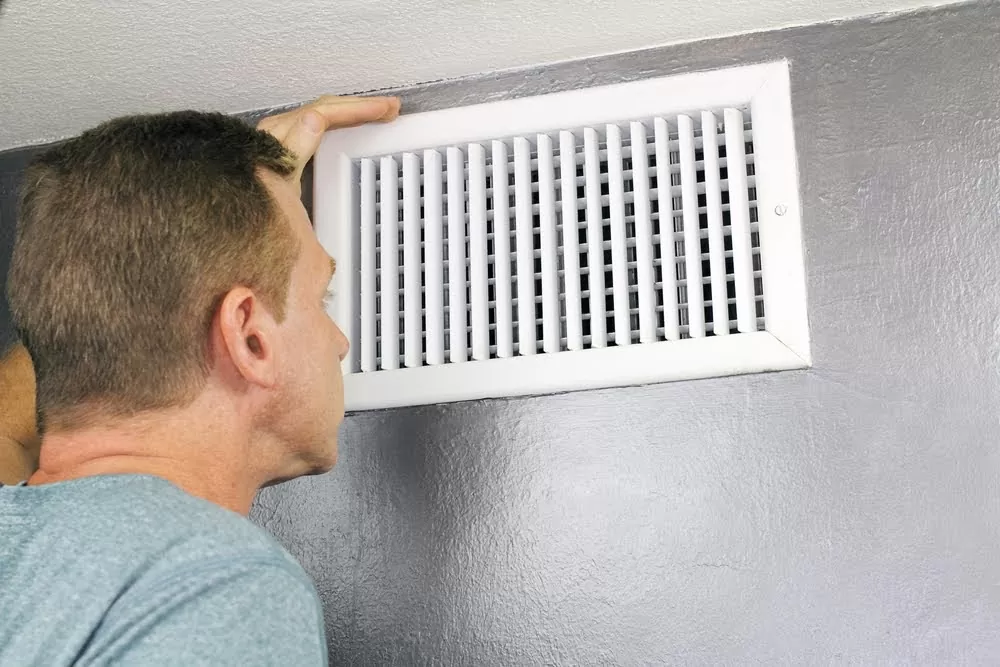
Poor airflow refers to a situation where the air being circulated by your HVAC system is restricted or not reaching its intended destination effectively. It can manifest as weak airflow from vents, rooms not reaching desired temperatures, or a noticeable lack of air movement. Several factors can contribute to poor airflow, such as clogged air filters, blocked or leaky ductwork, closed or obstructed vents, or issues with the blower motor or fan. To address this problem, you can start by checking and cleaning or replacing dirty air filters. Inspecting and clearing any obstructions in the ductwork, such as debris or accumulated dust, can also help improve airflow. Additionally, ensuring that all vents and registers are open and unobstructed is important. If these measures don’t resolve the issue it’s best to consult a professional HVAC technician in Santa Rosa for further investigation and repairs.
Inconsistent Temperatures:
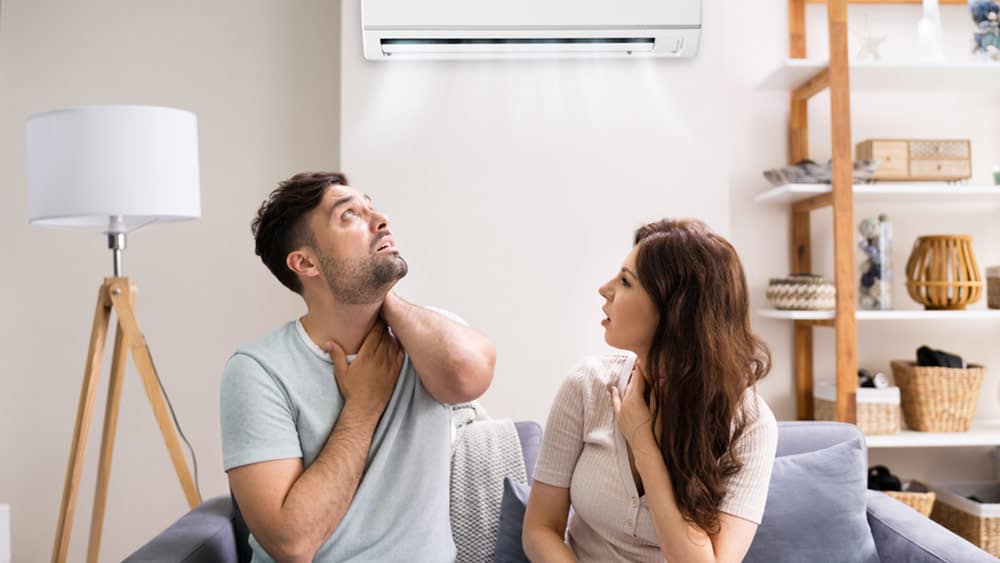
Inconsistent temperatures refer to a situation where there are noticeable variations in temperature throughout different areas or rooms of your home despite setting a consistent temperature on your thermostat. This problem can lead to discomfort and an inefficient use of energy. Several factors can contribute to inconsistent temperatures, including thermostat issues, improper airflow, inadequate insulation, or even a malfunctioning HVAC system. To address this problem, start by verifying that your thermostat is functioning correctly and calibrated accurately. Check for any loose wiring connections or faulty sensors that may be affecting temperature control. It’s also important to ensure proper airflow by checking and cleaning air filters, inspecting ductwork for blockages, and making sure all vents are open and unobstructed. In cases where inadequate insulation is the culprit, adding insulation to walls, floors, or attics can help regulate temperatures. If the problem persists, it’s advisable to contact a professional HVAC technician in Santa Rosa to diagnose and resolve the underlying issue.
Noisy HVAC System:
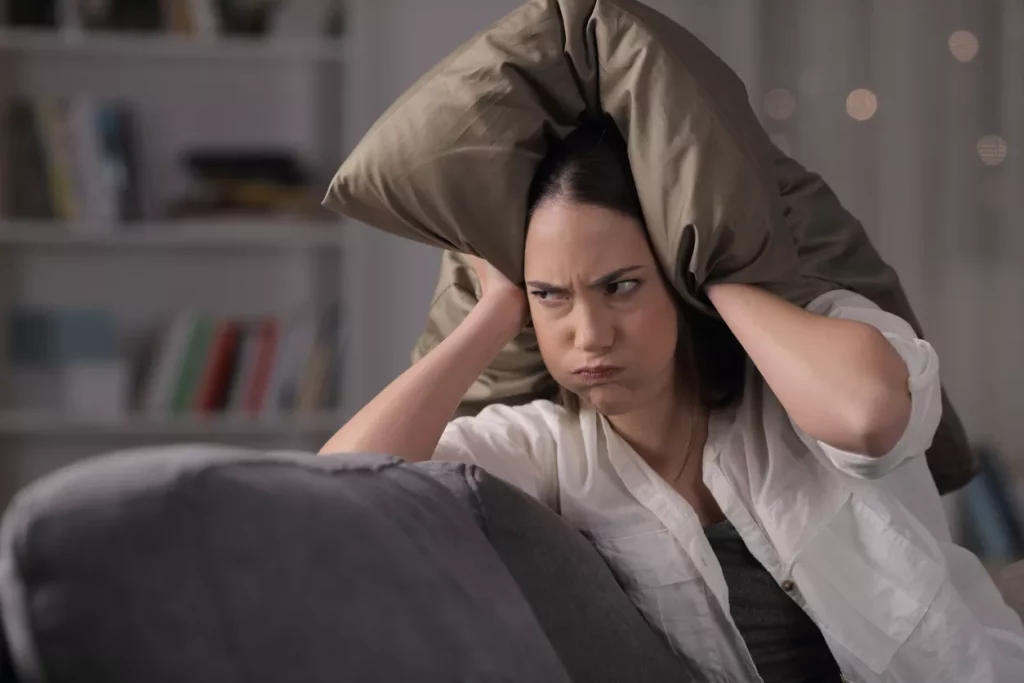
A noisy HVAC system can be quite bothersome and indicate potential issues with the equipment. There are various types of noises that can be associated with an HVAC system, including rattling, banging, squealing, or grinding sounds. These noises can stem from different components within the system. To address a noisy HVAC system, you can take the following steps:
Tighten loose parts and components: Check for any loose screws, bolts, or panels and tighten them to eliminate rattling or vibrating noises.
Lubricate moving parts: Inspect the blower motor, fan blades, and other moving parts for signs of wear or lack of lubrication. Apply lubricant as recommended by the manufacturer to reduce friction and eliminate squealing or grinding sounds.
Replace worn or faulty belts, motors, or fans: Over time, belts can become worn and motors or fans may develop issues, leading to noise. If you identify any damaged or malfunctioning components, it’s best to replace them to restore smooth operation and silence the noise.
It’s important to note that certain HVAC system noises may require professional attention. If you’re unsure about the source of the noise or how to fix it, it’s recommended to consult a qualified HVAC technician in Santa Rosa. They can accurately diagnose the problem, provide the necessary repairs, and ensure your system operates quietly and efficiently.
Leaking or Dripping:
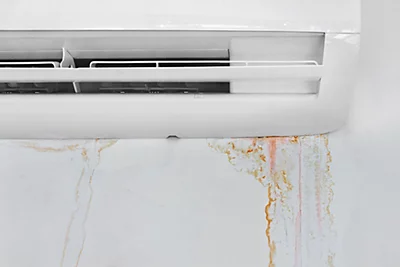
Leaking or dripping from your HVAC system is a common problem that needs to be addressed promptly to prevent further damage and water-related issues. Water leaks can originate from different parts of the HVAC system, such as the condensate drain line, pipes, or connections. To fix a leaking or dripping HVAC system, follow these steps:
Examine and clean the condensate drain line: A clogged or blocked condensate drain line can cause water to back up and leak. Locate the drain line, typically near the indoor unit, and inspect it for any blockages. Clear any debris or buildup using a wet-dry vacuum or a thin, long brush.
Repair or replace leaky pipes or connections: Inspect the pipes and connections around the HVAC unit for signs of leakage. Tighten loose connections and repair any damaged or deteriorated pipes. If necessary, consult a professional plumber or HVAC technician to fix the leaks properly.
Address frozen evaporator coils or refrigerant leaks: Frozen evaporator coils can cause water to drip when they thaw. This issue may indicate a refrigerant leak or an airflow problem. Contact an HVAC technician in Santa Rosa to diagnose and repair the underlying cause to prevent further leaks.
It’s important to note that some HVAC system leaks may require professional expertise. If you’re unsure about the source of the leak or how to fix it, it’s best to consult a qualified HVAC technician in Santa Rosa. They can accurately identify the problem, provide necessary repairs, and prevent future leaks, ensuring the proper functioning of your HVAC system.
Insufficient Heating or Cooling:
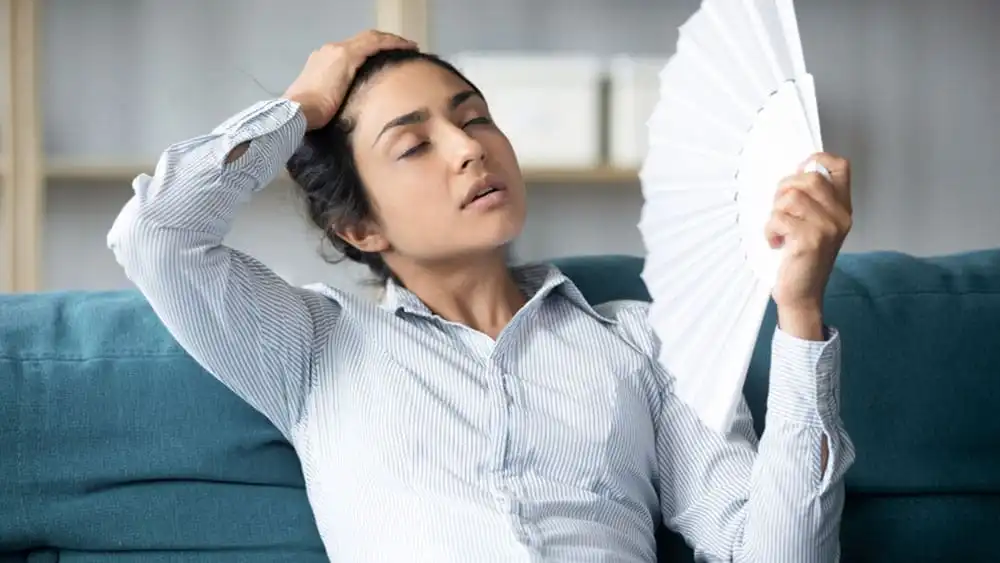
Experiencing insufficient heating or cooling from your HVAC system can make your home uncomfortable and impact your overall comfort. This issue can arise due to several reasons, and addressing them will help restore proper temperature control. Here’s how to tackle insufficient heating or cooling:
Check thermostat settings: Ensure that your thermostat is set to the desired temperature and in the correct mode (heating or cooling). Sometimes, incorrect settings can lead to inadequate temperature regulation.
Clean or replace dirty air filters: Dirty air filters restrict airflow, reducing the system’s efficiency and affecting heating or cooling performance. Regularly clean or replace air filters to maintain proper airflow and enhance system efficiency.
Schedule professional maintenance: Over time, HVAC systems can accumulate dust, debris, or develop issues that affect their performance. Arrange for regular professional maintenance to have your system inspected, cleaned, and tuned up. This can help identify and address any underlying problems that may be causing insufficient heating or cooling.
Check for blocked vents or registers: Ensure that all vents and registers throughout your home are open and unobstructed. Blocked vents restrict airflow and can lead to inadequate temperature distribution.
Verify proper insulation: Inadequate insulation in your home can result in heat loss during the winter or heat gain during the summer. Consider enhancing insulation in your walls, attic, or windows to improve temperature control and energy efficiency.
If these steps don’t resolve the issue of insufficient heating or cooling, it’s recommended to consult a professional HVAC technician in Santa Rosa. They have the expertise to diagnose and address more complex problems, ensuring your HVAC system functions optimally and provides the desired level of heating or cooling for your home.
High Energy Bills:
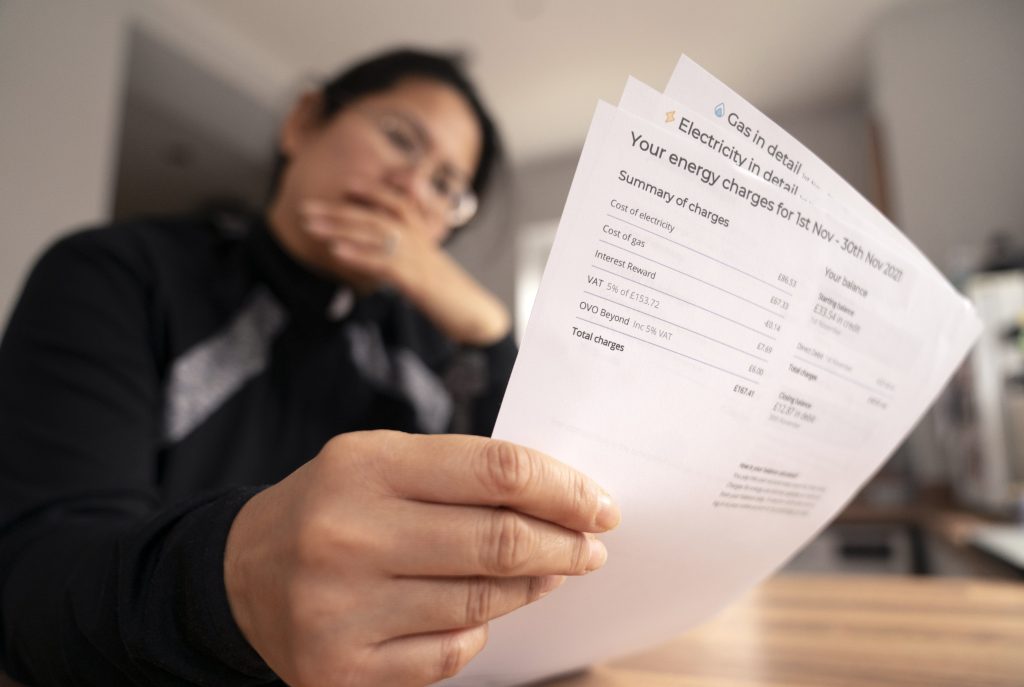
High energy bills can be a concern for many homeowners in Santa Rosa. If you’ve noticed a significant increase in your energy costs, there are several steps you can take to address the issue:
Check for air leaks and insulate ductwork: Air leaks in your HVAC system can cause conditioned air to escape, leading to wasted energy. Inspect your ductwork for any leaks or gaps and seal them using duct sealant or foil tape. Additionally, check for air leaks around windows, doors, and other openings in your home, and use weatherstripping or caulking to seal them.
Upgrade to energy-efficient equipment: Older HVAC systems tend to be less energy-efficient compared to newer models. Consider upgrading to a high-efficiency unit that has a higher Seasonal Energy Efficiency Ratio (SEER) rating for air conditioning or Annual Fuel Utilization Efficiency (AFUE) rating for heating. These systems are designed to consume less energy while providing the same level of comfort.
Set thermostat to optimal temperatures: Adjusting your thermostat settings can have a significant impact on your energy consumption. Lowering the temperature in winter and raising it in summer by a few degrees can result in noticeable energy savings. Consider utilizing programmable or smart thermostats to automatically adjust temperature settings based on your schedule.
Maintain regular HVAC system maintenance: Proper maintenance of your HVAC system is crucial for optimal energy efficiency. Schedule regular professional maintenance to clean and inspect your system, ensuring that it operates at peak performance. This includes cleaning or replacing air filters, checking refrigerant levels, and inspecting and cleaning coils.
Implement energy-saving practices: Practice energy-saving habits, such as turning off lights when not in use, utilizing natural light, using energy-efficient light bulbs, and minimizing the use of appliances during peak energy demand periods.
By implementing these measures, you can help reduce your energy consumption and subsequently lower your energy bills. If you continue to experience high energy bills despite these efforts, it may be beneficial to consult an energy auditor or HVAC professional in Santa Rosa to identify any underlying issues and recommend further energy-saving solutions specific to your home.
Foul Odors:
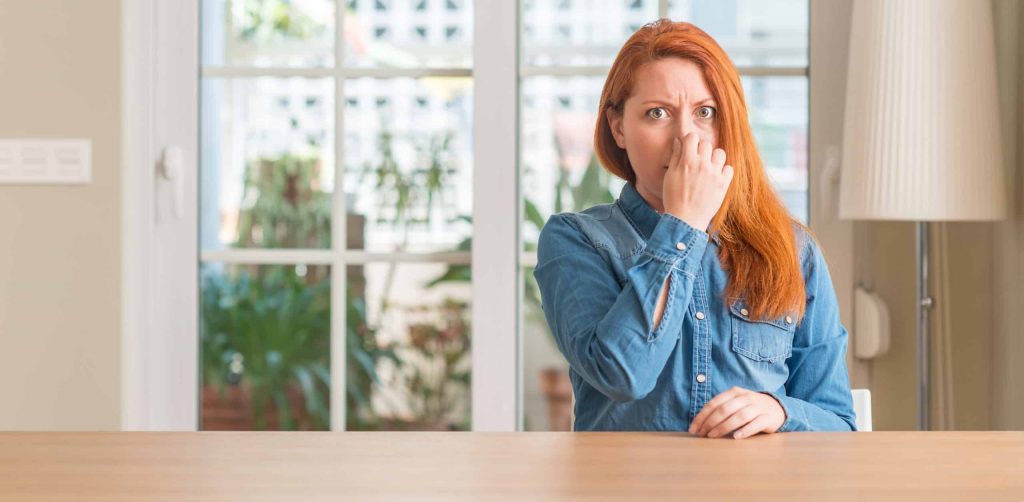
Experiencing foul odors emanating from your HVAC system can be unpleasant and may indicate potential issues that require attention. Here’s what you can do to address foul odors:
Clean or replace dirty air filters: Dirty air filters can trap dust, debris, and other particles, leading to unpleasant odors. Regularly clean or replace your air filters to improve indoor air quality and eliminate odors caused by trapped contaminants.
Inspect and clean the condensate drain pan: Over time, the condensate drain pan can accumulate moisture and bacteria, resulting in mold or mildew growth. Inspect the drain pan and clean it using a mixture of water and mild detergent. This helps eliminate any odors caused by microbial growth.
Address mold or bacterial growth in the system: If you detect a musty odor, it could be an indication of mold or bacterial growth within your HVAC system. Mold or bacteria can thrive in areas such as evaporator coils, ductwork, or drip pans. Consult an HVAC professional to thoroughly inspect and clean these components to eliminate the source of the odor.
Ensure proper ventilation: Inadequate ventilation can lead to stale air and unpleasant odors. Ensure that your home has proper ventilation, including sufficient fresh air intake and exhaust systems. Consider using exhaust fans in kitchens and bathrooms to remove odors and maintain good air circulation.
Schedule professional maintenance: Regular professional maintenance is essential for keeping your HVAC system clean and odor-free. A professional technician can inspect the system, identify any underlying issues causing the odors, and provide appropriate cleaning or repairs.
If you encounter persistent or strong odors that you cannot identify or address on your own, it is recommended to consult an HVAC technician in Santa Rosa. They have the expertise to diagnose the source of the odor and provide appropriate solutions to eliminate the unpleasant smells effectively.
Constant Cycling On and Off:
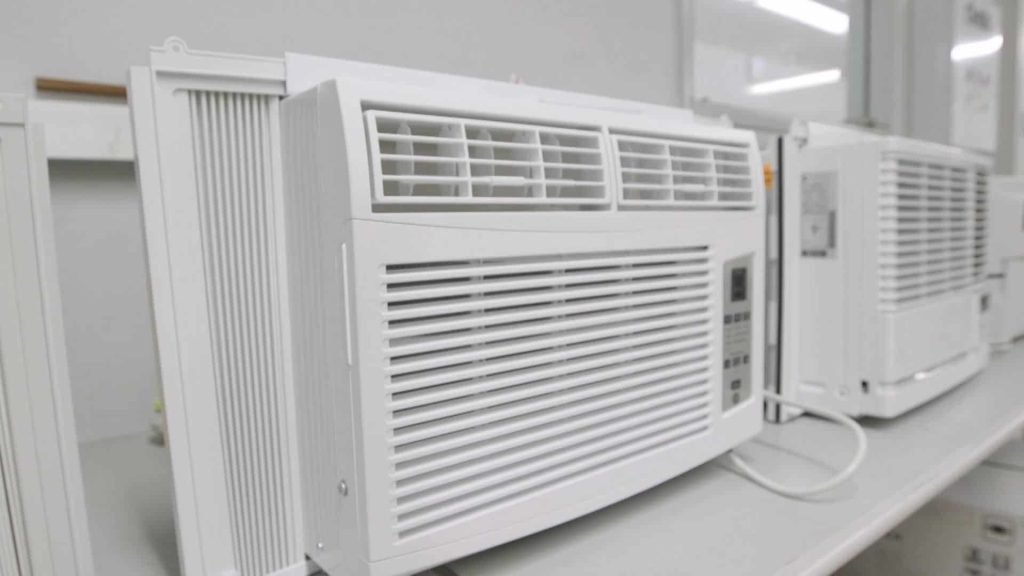
Experiencing constant cycling on and off of your HVAC system can be frustrating and may indicate an underlying issue. Here are some steps to address this problem:
Check and adjust thermostat settings: Ensure that your thermostat is set to the appropriate temperature and mode. Incorrect settings can cause the system to cycle frequently. Consider adjusting the temperature by a few degrees to see if it resolves the issue.
Clean or replace dirty air filters: Clogged or dirty air filters restrict airflow, leading to improper system operation. Clean or replace your air filters regularly to maintain proper airflow and prevent frequent cycling.
Verify proper refrigerant charge and level: Insufficient refrigerant levels or improper charge can cause the system to cycle excessively. Contact a professional HVAC technician to inspect and adjust the refrigerant levels if necessary.
Check for blocked airflow or obstructions: Obstructions in the ductwork, vents, or registers can disrupt airflow and cause the system to cycle more frequently. Ensure that all vents are open and unobstructed, and clear any blockages in the ductwork.
Inspect and clean the outdoor unit: Debris, such as leaves, dirt, or grass, can accumulate around the outdoor unit, affecting its performance. Regularly inspect and clean the unit to ensure proper airflow and prevent frequent cycling.
Consider installing a programmable thermostat: A programmable thermostat allows you to set temperature schedules based on your daily routine, preventing unnecessary cycling and optimizing energy efficiency.
If these steps do not resolve the issue of constant cycling, it is recommended to consult a professional HVAC technician in Santa Rosa. They can diagnose and address any underlying mechanical or electrical problems with your system, ensuring it operates efficiently and cycles appropriately.
System Not Turning On:
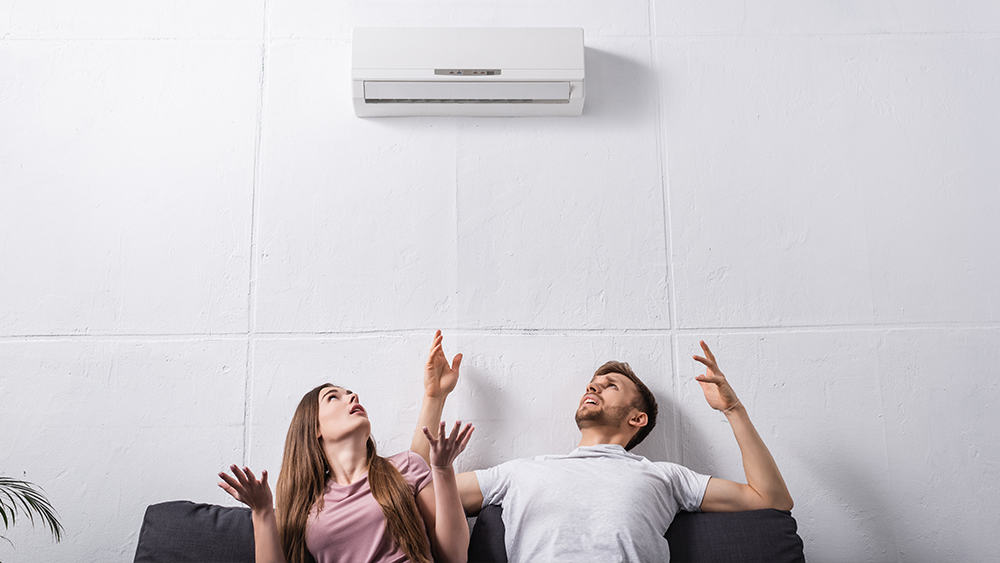
If your HVAC system is not turning on at all, it can be a frustrating situation, especially when you need heating or cooling. Here are some steps to troubleshoot and potentially fix the issue:
Check power supply and circuit breakers: Start by ensuring that your HVAC system is receiving power. Check the circuit breakers in your electrical panel to see if any have tripped. If you find a tripped breaker, reset it and see if the system turns on. If it trips again, there may be an electrical issue that requires professional attention.
Inspect the thermostat: Verify that your thermostat is functioning correctly. Check the batteries and replace them if necessary. Ensure the thermostat is set to the appropriate temperature and mode (heating or cooling). Try adjusting the temperature to see if the system responds.
Examine safety switches: Some HVAC systems have safety switches that detect issues such as clogged air filters or condensate drain pan overflow. Check if any safety switches have been triggered and need to be reset. Refer to the manufacturer’s instructions or consult an HVAC technician for guidance.
Look for loose connections: Inspect the wiring connections to the HVAC system, particularly at the thermostat and the unit itself. Loose or disconnected wires can prevent the system from turning on. If you find any loose connections, safely reconnect them.
Check for a tripped float switch: If you have a condensate pump, it may have a float switch that detects water level. If the pump is full or not working correctly, the switch can prevent the system from turning on. Verify the pump operation and ensure the float switch is not obstructed or stuck.
If these steps do not resolve the issue and your HVAC system still does not turn on, it’s best to contact a professional HVAC technician in Santa Rosa. If your HVAC system won’t turn on, don’t fret! Trust Concept Design Develop INC, the experts in HVAC services, to diagnose and fix the issue promptly. They have the expertise and specialized equipment to diagnose and repair complex issues with your HVAC system, ensuring it operates efficiently and reliably.
Uneven Heating or Cooling
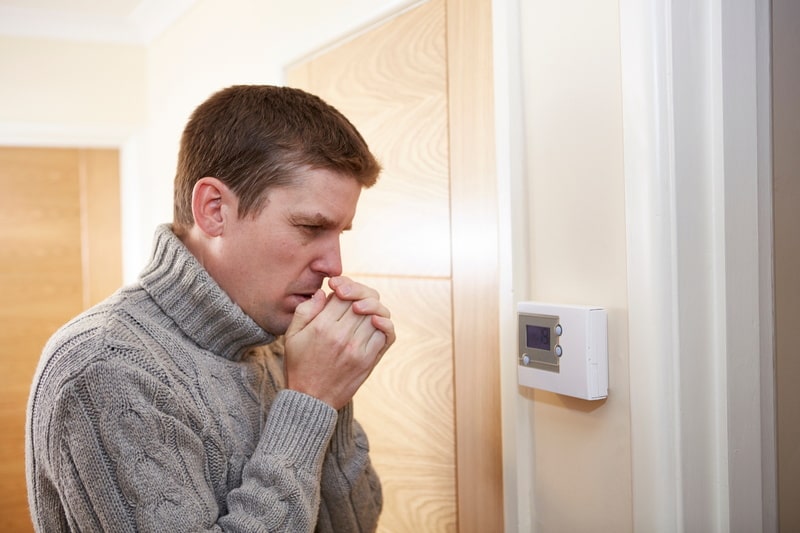
Experiencing uneven heating or cooling in different areas or rooms of your home can be a common problem with HVAC systems. Here are some steps to address this issue:
Check and adjust vents and registers: Ensure that all vents and registers are open and unobstructed. Sometimes, furniture, curtains, or other objects can block the airflow, leading to uneven heating or cooling. Make sure the vents are not closed or covered.
Clean or replace air filters: Dirty air filters can restrict airflow, causing temperature variations throughout your home. Clean or replace your air filters regularly to maintain proper airflow and enhance system performance.
Balance the airflow: Some HVAC systems have dampers or balancing controls that allow you to adjust the airflow to different areas of your home. Consult your HVAC system manual or contact a professional technician to balance the airflow by adjusting the dampers.
Inspect and seal ductwork: Leaky or poorly insulated ductwork can lead to air loss, resulting in uneven heating or cooling. Inspect the ductwork for any visible leaks or gaps and seal them using duct sealant or foil tape. Additionally, consider insulating the ducts to prevent heat transfer.
Verify proper insulation: Inadequate insulation in certain areas of your home can contribute to uneven heating or cooling. Check the insulation in walls, attics, and floors, and add insulation as needed to maintain consistent temperatures.
Consider zoning systems: Zoning systems allow you to control the temperature independently in different areas or zones of your home. This can help address uneven heating or cooling by providing targeted temperature control where it’s needed.
If these steps do not resolve the issue of uneven heating or cooling, it is advisable to consult a professional HVAC technician in Santa Rosa. They can inspect your system, identify any underlying issues such as ductwork problems or equipment sizing, and recommend appropriate solutions to achieve more balanced temperature distribution throughout your home.
FAQS
How do you diagnose HVAC problems?
HVAC problems can be diagnosed by inspecting the system, checking for error codes, analyzing performance issues, conducting tests, and consulting equipment manuals or professional technicians.
What are HVAC tests?
HVAC tests involve conducting various assessments to evaluate the performance and functionality of HVAC systems. This can include airflow tests, pressure tests, electrical tests, refrigerant tests, and more.
What is the basic principle of HVAC?
The basic principle of HVAC (Heating, Ventilation, and Air Conditioning) is to provide comfortable indoor environments by controlling temperature, humidity, and air quality through heating, cooling, ventilation, and air distribution systems.
What is HVAC standards?
HVAC standards refer to a set of guidelines and regulations that define the requirements for the design, installation, operation, and maintenance of heating, ventilation, and air conditioning systems to ensure efficiency, safety, and environmental sustainability.
What is normal HVAC size?
The normal size of an HVAC system depends on various factors, including the size of the space being heated or cooled, insulation levels, climate conditions, and other specific requirements. HVAC sizes are typically measured in British Thermal Units (BTUs) or tons.
How many units are in HVAC?
In HVAC (Heating, Ventilation, and Air Conditioning) systems, there are typically two main units: the indoor unit (evaporator) responsible for cooling or heating the air, and the outdoor unit (condenser) that dissipates heat or releases it into the environment.
Conclusion
In conclusion, HVAC systems play a crucial role in maintaining comfortable indoor environments by providing heating, ventilation, and air conditioning. Common problems such as poor airflow, inconsistent temperatures, noisy operation, leaks, insufficient heating or cooling, high energy bills, foul odors, constant cycling, or system not turning on can occur. However, by following troubleshooting steps or seeking professional assistance from HVAC technicians in Santa Rosa, these issues can be identified, addressed, and resolved effectively. Regular maintenance, proper insulation, and energy-saving practices are essential for optimal HVAC performance. Ensuring a well-functioning HVAC system contributes to comfort, indoor air quality, and energy efficiency in residential and commercial spaces.

